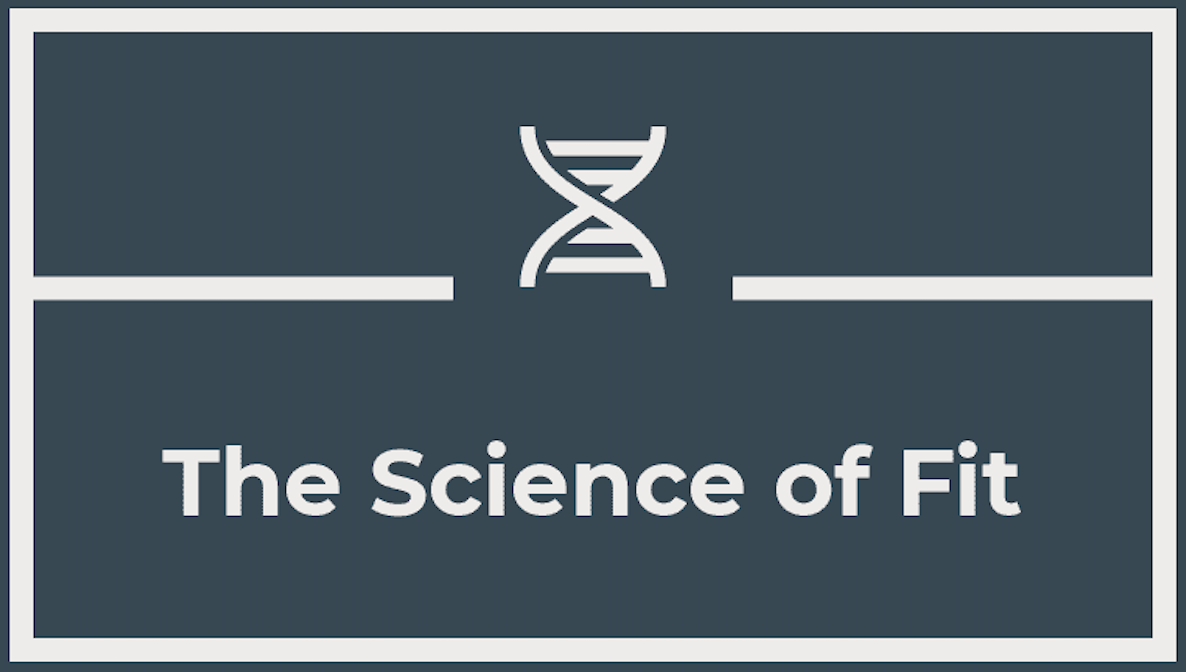The Thermogenic Effect of Food
Unveiling the Metabolic Symphony: The Thermogenic Effect of Food and its Role in Energy Balance

This article investigates the fascinating phenomenon of the thermogenic effect of food (TEF), exploring its physiological mechanisms, influencing factors, and implications for energy metabolism. Through an in-depth analysis of TEF's role in energy balance, this article aims to provide a comprehensive understanding of how the body expends energy during the process of digestion and nutrient utilization.
1. Introduction:
The thermogenic effect of food, often referred to as diet-induced thermogenesis, represents a vital component of total energy expenditure. This article delves into the intricacies of TEF, shedding light on its significance in the context of metabolic regulation and energy balance.
2. Definition and Mechanisms:
A. Thermogenic Effect of Food Defined:
- The thermogenic effect of food is the increase in energy expenditure associated with the digestion, absorption, and metabolism of nutrients consumed in a meal. It contributes to the overall caloric cost of processing ingested food.
B. Mechanisms Underlying TEF:
- TEF involves several physiological processes, including the energy cost of breaking down macronutrients (protein, carbohydrates, and fats), nutrient absorption, and subsequent metabolic reactions, predominantly in the liver.
3. Macronutrient-Specific Contributions:
A. Protein's Pronounced Effect:
- Protein-rich foods elicit a higher thermogenic response compared to carbohydrates and fats. The increased metabolic cost of processing dietary protein contributes significantly to TEF.
B. Moderate Effect of Carbohydrates:
- Carbohydrates contribute to TEF, although their thermogenic effect is generally lower than that of protein. Factors such as the type and complexity of carbohydrates influence their impact on energy expenditure.
C. Minimal Contribution of Dietary Fat:
- Dietary fat has the least pronounced thermogenic effect among macronutrients. However, the overall composition of a meal, including fat, influences the total TEF response.
4. Influencing Factors:
A. Individual Variation:
- TEF exhibits individual variability influenced by factors such as age, body composition, metabolic rate, and genetics. Understanding these variations is crucial for personalized dietary recommendations.
B. Meal Size and Composition:
- Both the size and macronutrient composition of a meal influence TEF. Larger meals and those rich in protein generally result in a higher thermogenic response.
5. Practical Implications for Weight Management:
A. TEF and Total Daily Energy Expenditure:
- TEF contributes to total daily energy expenditure, and its consideration is essential in understanding the dynamics of weight management and metabolic health.
B. Protein-Centric Approaches:
- Diets emphasizing higher protein intake may have favorable effects on weight management due to the increased thermogenic response associated with protein metabolism.
6. Potential Therapeutic Applications:
A. TEF in Metabolic Disorders:
- Manipulating TEF through dietary interventions holds promise in addressing metabolic disorders, including obesity and insulin resistance. Research in this area explores the therapeutic potential of TEF modulation.
B. Role in Weight Loss Strategies:
- Tailoring dietary plans to enhance TEF may be a valuable strategy in weight loss interventions. Understanding the interplay between macronutrients and TEF can inform effective dietary approaches.
7. Future Directions and Research Challenges:
A. Nutrigenomics and TEF:
- Advancements in nutrigenomics may reveal individual genetic variations influencing TEF responses, paving the way for personalized nutrition interventions.
B. Comprehensive Dietary Assessments:
- Comprehensive dietary assessments considering not only caloric content but also macronutrient composition are crucial for accurately predicting the thermogenic response to food.
8. Conclusion:
The thermogenic effect of food is a captivating aspect of human metabolism, influencing energy expenditure and playing a role in weight management. This article highlights the importance of understanding TEF in the context of nutrition, metabolism, and potential therapeutic applications.
Fitness From Head to Toe
Contact Us
Contact Us
We will get back to you as soon as possible
Please try again later










